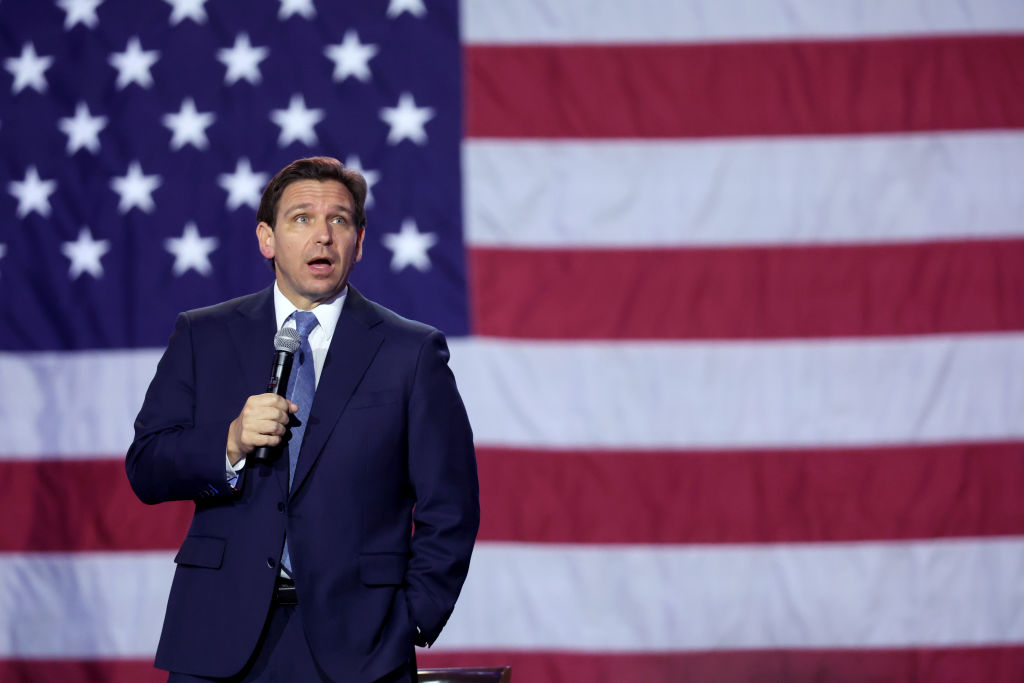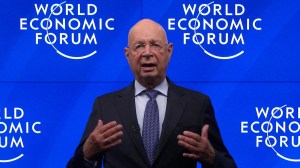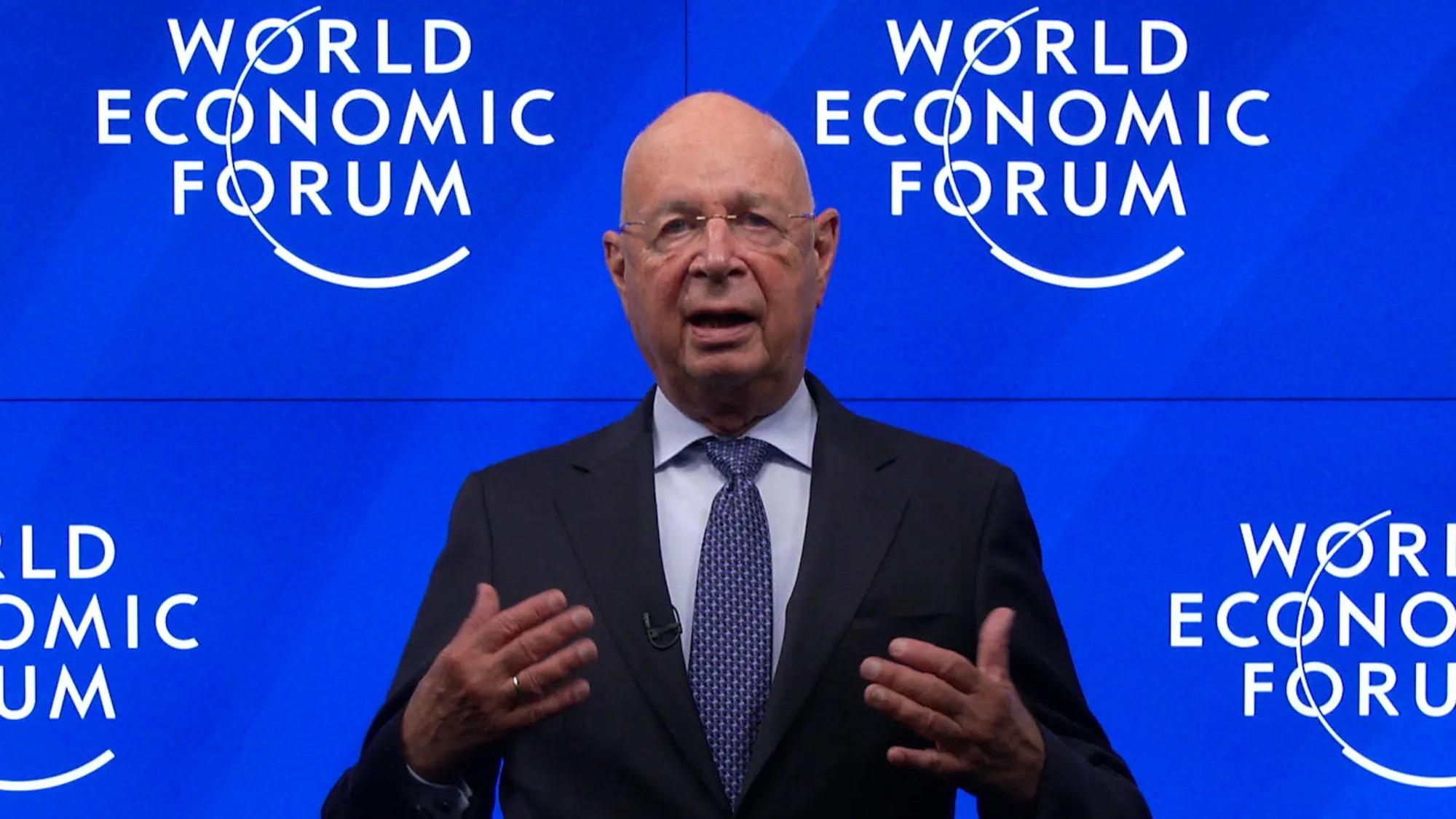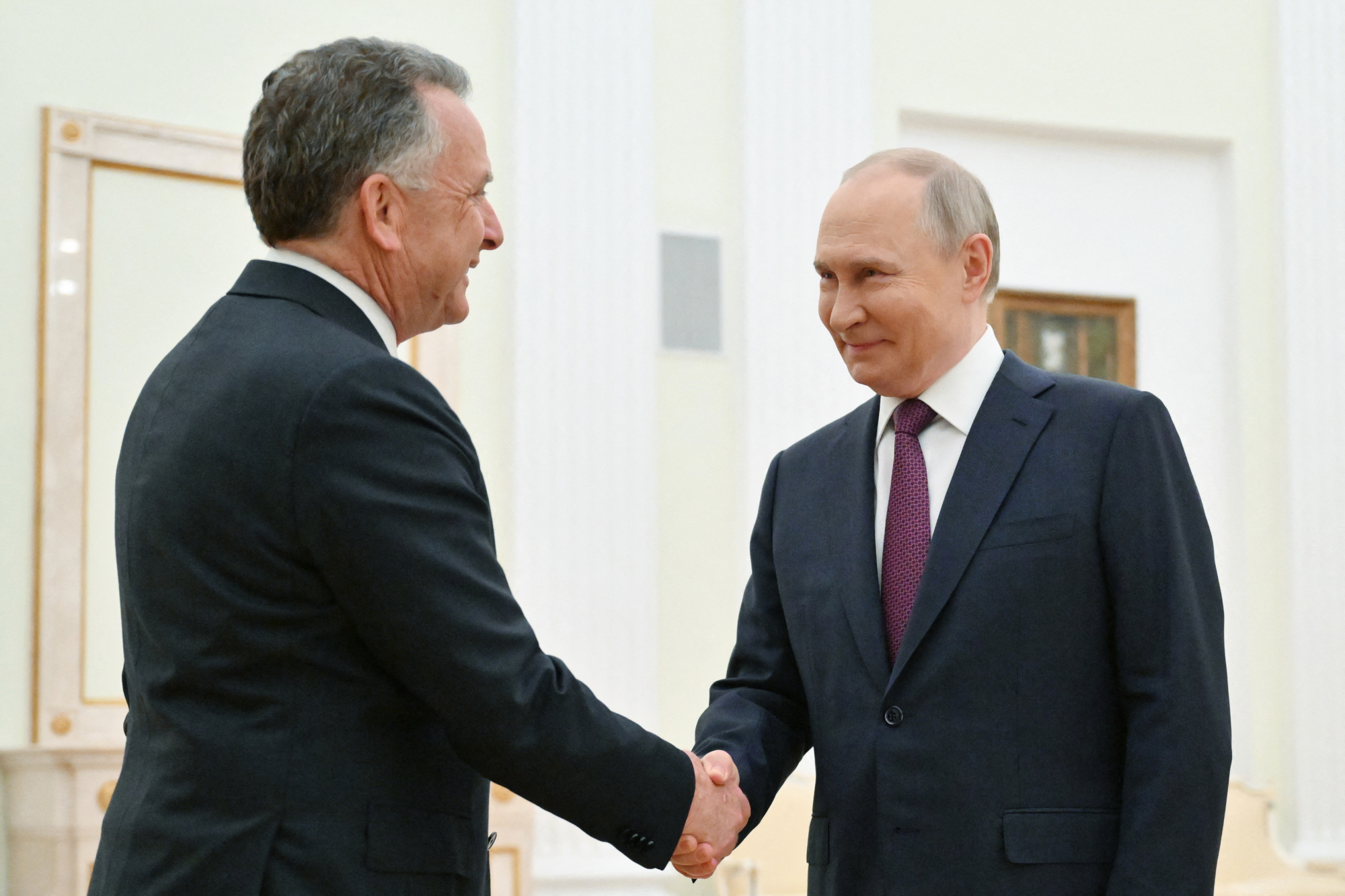Ron DeSantis’s pending arrival in the 2024 thunderdome has already drawn comparisons to two Republican governors who came before him — one who won the White House and another who flamed out before a single vote was cast in Iowa. His recent statement on Ukraine is telling in how it channels both men, in good ways and bad.
DeSantis has already drawn comparisons to Scott Walker, the enormously popular Wisconsin governor who failed to capture any of 2016’s populist energy despite prevailing in numerous fights in his state. Yet when he arrived on the national stage in a pre-Super Bowl interview with Martha Raddatz on ABC, Walker seemed ill-prepared for questions on boots on the ground in Syria, meandering on the topic and signaling that he thought of these issues more as needles to thread than stands to take.
Sixteen years earlier, another governor faced similar challenges in adapting his domestic success to a clear foreign policy focus. It’s easy to forget that in 2000, George W. Bush ran as an opponent of the numerous small wars conducted under President Bill Clinton, even denouncing the “nation building” strategy he would ultimately deploy as president:
I think what we need to do is convince people who live in the lands they live in to build the nations. Maybe I’m missing something here. I mean, we’re going to have kind of a nation building core from America? Absolutely not. Our military is meant to fight and win war. That’s what it’s meant to do. And when it gets overextended, morale drops. I strongly believe we need to have a military presence in the peninsula, not only to keep the peace in the peninsula, but to keep regional stability. And I strongly believe we need to keep a presence in NATO, but I’m going to be judicious as to how to use the military. It needs to be in our vital interest, the mission needs to be clear, and the exit strategy obvious.
There’s a gap between what you are able to say as a primary candidate, a general election candidate and a commander-in-chief. In DeSantis’s case, nothing about his past record in Congress indicates that he is anything but a fairly conventional Republican on foreign policy matters. But in the case of Ukraine, he reads the tea leaves as indicating an appetite for more skepticism.
If actually applied, it’s hard to tell how DeSantis’s approach would be all that different from Joe Biden’s except in the amount of dollars in question (though practically speaking, he’d likely face an altogether different war upon arriving at the White House than the circumstances on the ground today). But getting there requires competing and winning votes among Republicans who are clearly torn on the subject. Ask GOP voters if they support weapons for Ukraine, and most say yes; ask if they support money for Ukraine, and they say no. They’re opposed to blank checks, but they want the war to end as soon as possible. And saying that China and the southern border are more significant security threats doesn’t eliminate the need for a clear Ukraine policy.
DeSantis is known for his contributions to many areas of policy — Covid, education, culture war issues and more. But on foreign policy, security policy and trade policy, his positions are more vague. Speaking about such deeply important matters in ways that clarify instead of confuse is very important, especially if he wants to avoid the national pitfalls experienced by Republican governors before him.
There is an appetite on the right for someone who will stand up forcefully for the interests of the West. The leaderless nature of the world at the moment contributes to the feeling of deep unease, a feeling that has only been cemented since the disaster of the botched Afghanistan withdrawal. Joe Biden has made clear he is not that leader. Making the case that you are that leader could provide a huge boost to whichever candidate can send that message, not as a matter of signaling or positioning but as an authentic declaration of intent.

























